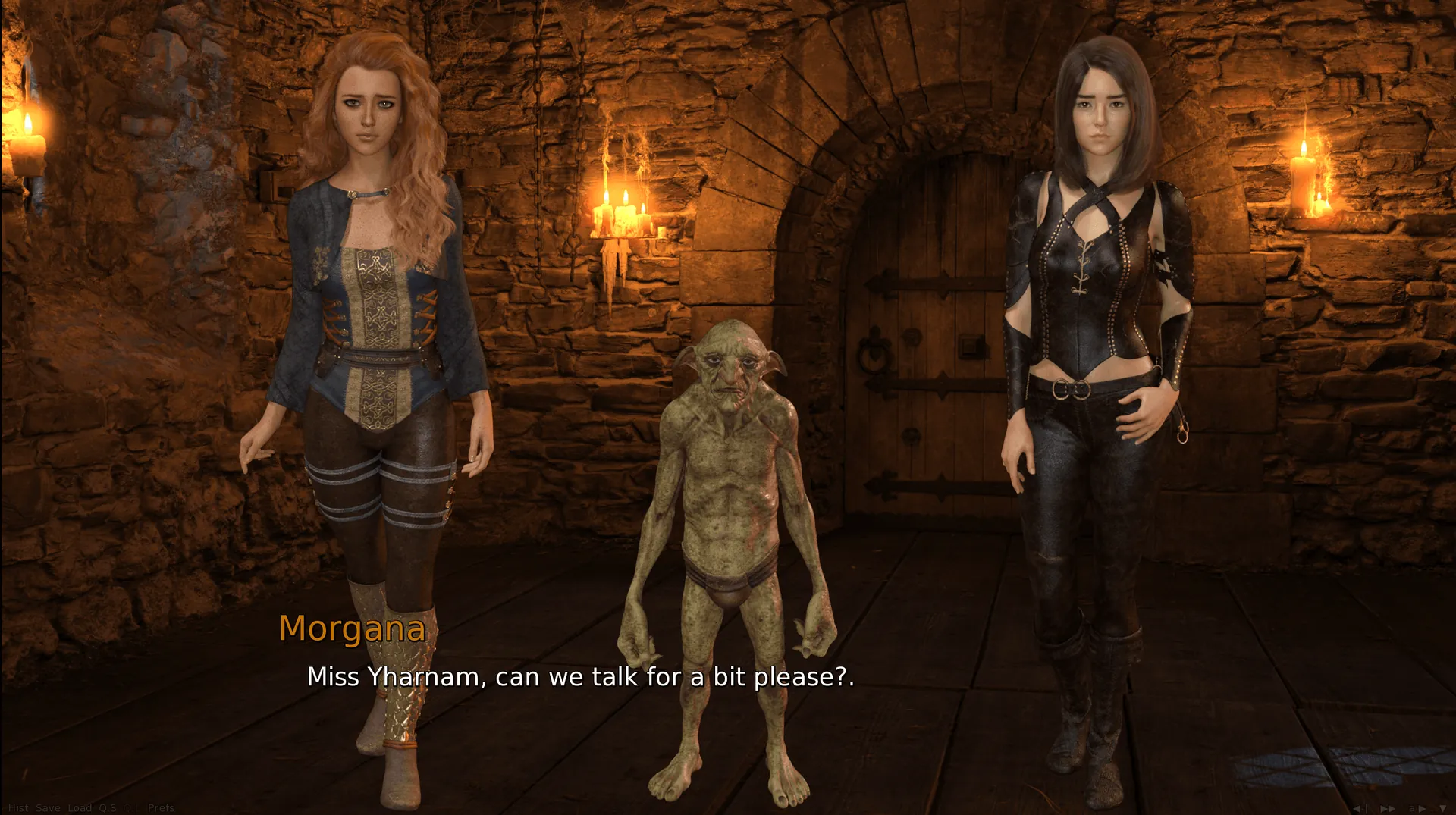
Friends in Need
Play Friends in Need
Friends in Need review
Understanding gameplay mechanics and narrative choices in this mature-themed story
The gaming world continues evolving with narrative-driven experiences like Friends in Need, an adult visual novel blending financial drama with complex relationships. This story-focused game challenges players through meaningful choices that impact character outcomes. While containing mature themes, it offers a unique examination of transactional relationships through interactive storytelling.
Gameplay Mechanics and Interactive Storytelling
Branching Narrative Structure Explained
Picture this: you’re at a crossroads where every decision feels like picking between ice cream flavors—except some flavors might set your wallet on fire 💸, and others could break someone’s heart 💔. That’s Friends in Need gameplay in a nutshell. At its core, the game uses a dual currency system—financial resources and emotional capital—to push you into agonizingly good dilemmas. Want to help your best friend pay rent? That’ll cost you $500, but skipping it might tank their trust.
Here’s the kicker: your choices don’t just vanish into the void. The narrative branching system weaves your decisions into a sprawling web of outcomes. For example, choosing to prioritize one character’s emotional needs over another’s financial crisis can lock you into entirely different story arcs. I once ignored a side character’s loan request to focus on a romantic subplot… only to watch that debt spiral into a main storyline disaster. 🚨
| Relationship Path | Key Choices | Ending Type |
|---|---|---|
| Loyal Friend | Consistent financial support + emotional availability | Stable, bittersweet resolution |
| Calculated Strategist | Resource hoarding + selective empathy | Wealthy but isolated |
| Romantic Idealist | Prioritize love over logic | Passionate but chaotic |
The beauty? No two playthroughs feel the same. The game’s interactive storytelling thrives on butterfly effect moments—tiny decisions that snowball into life-altering consequences.
Relationship Dynamics and Consequence Systems
Let’s get real: relationships in Friends in Need are messier than a toddler’s birthday party 🎂. Every interaction chips away at or builds up relationship meters, which influence dialogue options, plot twists, and even access to certain scenes. For instance, if you consistently dismiss a character’s anxiety, their meter might hit “resentful,” locking you out of their route entirely.
The adult game mechanics here aren’t just about steamy scenes (though those animations? Chef’s kiss 👌). They’re about authenticity. A late-night heart-to-heart might require emotional capital, while a risky business venture drains your cash. One player I know maxed out their financial stats early, only to realize they’d neglected their emotional bonds—resulting in a lonely, albeit rich, ending.
Pro tip: Balance your resources like you’re dieting—too much of one thing leaves you craving the other.
What sets this apart from typical visual novel choices is the layered consequence system. Say you borrow money from a shady character to help a friend. Short-term gain? Sure. But later, that debt might resurface as a blackmail plot. The game doesn’t just punish or reward—it reacts.
Balancing Mature Content With Storytelling
Alright, let’s address the elephant in the room: yes, Friends in Need has mature themes. But here’s the twist—it handles them with the subtlety of a novelist, not a tabloid 📚. Scenes are framed to serve the story, not just shock. For example, a character’s struggle with addiction is portrayed through hauntingly detailed animations—think trembling hands and shadowy lighting—that make you feel their spiral.
The content warnings? They’re seamlessly integrated. Before sensitive scenes, the game offers a toggle to fade to black or proceed. It’s like having a safety net without killing the vibe. I tested both options: skipping kept the story flowing, while diving in added raw emotional weight.
What blew my mind was how the narrative branching system adapts to your comfort level. If you avoid certain mature choices, the plot still progresses—just through alternate, equally compelling paths. It’s like choosing between a gritty documentary and a poetic drama, both directed by you.
So, why does this matter? Because Friends in Need gameplay proves that adult game mechanics can be mature and meaningful. Whether you’re here for the heart-wrenching stories or the strategic resource juggling, one thing’s clear: your choices matter. Now go on—your friends are waiting. 👥✨
Friends in Need presents a compelling examination of human relationships through its choice-driven narrative. While featuring mature themes, its strength lies in creating meaningful consequences for player decisions. Those interested in story-focused games should approach it with an open mind while being mindful of its adult content. Always verify age ratings and content descriptions before engaging with any mature-themed media.





























